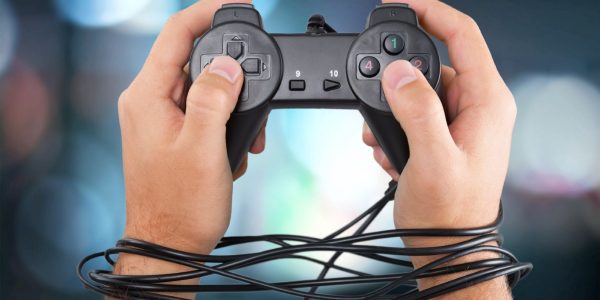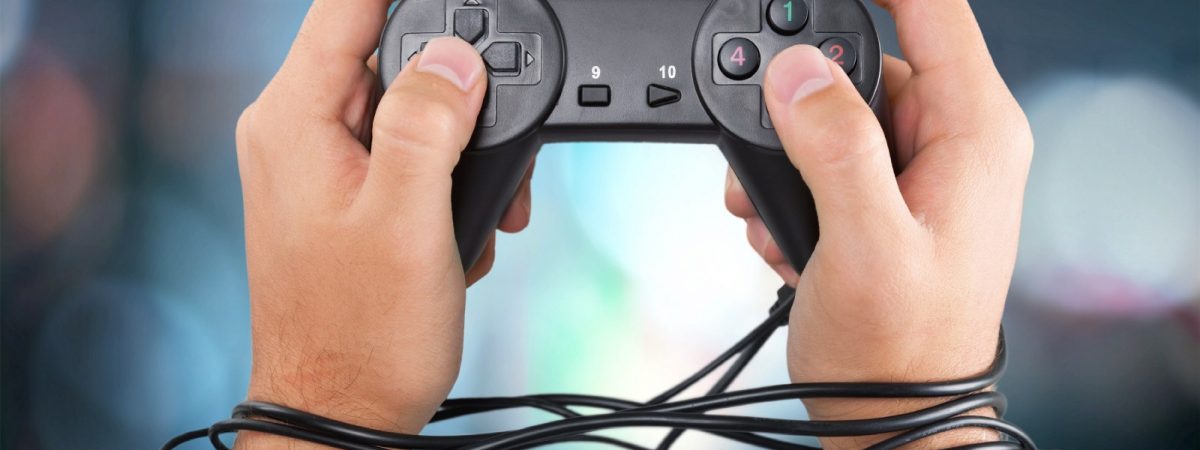Any avid gamer has probably been accused of being a video game “addict” at some point. Most of the time, it’s an exaggeration—anyone can lose track of the time and go to bed at 3 in the morning now and again while playing a compelling game.
But we’ve all heard stories about serious cases of gaming addiction—folks who forget to eat, sleep, drink, or bathe for days on end for example. One of our staff even knows someone personally who skipped out on a chance to grab food during a crucial break in a natural disaster in favor of capturing an objective in an online game.
Well, now it’s official. The World Health Organization (WHO) has added video game addiction to the International Classification of Diseases (ICD-11). Here is the formal definition:
“Impaired control over gaming, increasing priority given to gaming over other activities to the extent that gaming takes precedence over other interests and daily activities, and continuation or escalation of gaming despite the occurrence of negative consequences.”
Furthermore, this cannot be just a passing thing. The manual goes on to explain, “For gaming disorder to be diagnosed, the behavior pattern must be of sufficient severity to result in significant impairment in personal, family, social, educational, occupational or other important areas of functioning and would normally have been evident for at least 12 months.”
Gaming addiction was added to the manual for practical purposes. Its official declaration as a mental health condition will allow people in the UK to get treated for it through the NHS. Children in particular are believed to be widely afflicted. According to WHO, around 6% of children may be video game addicts.
Thankfully, WHO has been swift to remind everyone that video game addiction is a medical diagnosis, and cannot be made casually by just anyone—listen up parents, spouses, and others who might be quick to judge or panic—that means you. The vast majority of gamers are not addicts—even those who play for hours every day.
Most of us in the gaming community aren’t too happy to see the words “gaming” and “addiction” anywhere near each other, but let’s face it—some people do have serious problems. At least now some of them will be able to get the treatment they need. And over time, perhaps this definition will help non-gamers to know the difference between actual problem gamers and those of us who do stay in touch with the real world (however much we may not want to).




